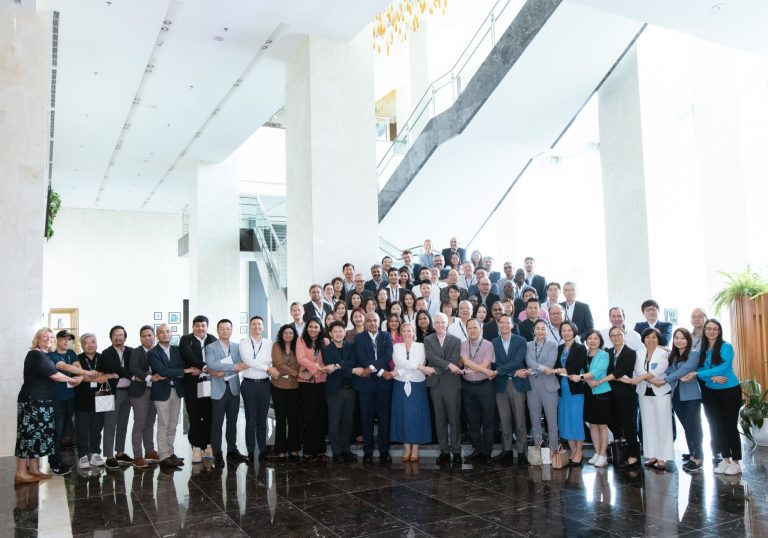Last month marked the completion of the first quarter of TBAR reporting. It’s essential to recall the significance of these updated reporting requirements and understand why real-time reporting is crucial for your SMSF. So, let’s revisit the essentials and acknowledge the invaluable role of SMSF accountants in this process.
What is TBAR?
From 1 July 2018, every individual’s transfer balance account needs to be considered before some contributions can be made and/or impact how much can be used to support pension income streams. To do this, Transfer Balance Account Reporting (“TBAR”) was introduced, whereby SMSFs need to report to the ATO quarterly or annually of any TBAR events.
TBAR events – what needs to be reported?
Events that affect a member’s transfer balance must be reported, the most common ones being:
- commencement of new retirement phase pensions; and
- commencement of death benefit pensions; and
- commutations of existing pensions.
As such, the pension commencement or commutation value will now depend on the member’s TBAR value and not the market value of the pension.
How often is the reporting?
The frequency of reporting depends on whether:
- There are any members of the fund with a total super balance > $1m or more: the events must be reported within 28 days of the quarter ending in which the event occurs;
- All fund members have a total super balance < $1m: the events are reported annually when the fund’s income tax return is due.
What happens if the TBAR lodgement is late?
Timely lodgement of the TBAR will ensure a member’s transfer balance account is up to date and accurate for any decisions such as contributions and pension commencements to be made.
If lodgement is late, the member’s transfer balance account may be adversely affected and result in penalties. For example, excess contributions tax on non-concessional contributions (“NCC”) exceeds a member’s NCC cap.
Non-lodgement of TBAR is $210 for each period of 28 days for each TBAR reporting event that is not reported, up to a maximum of $1,050.
However, being the first year of reporting, the ATO will generally not enforce these penalties in the initial stages.
How can real-time reporting assist?
Now more than ever, a change of circumstances to the fund members will need to be actively communicated to their accountant or administrator. By having up-to-date information, the correct decisions can be easily made. This can be achieved via real-time reporting so that current member balances can be calculated and TBAR obligations met by the lodgement deadline and penalties averted.
If you have any queries, please don’t hesitate to contact your client manager.
Kreston Stanley Williamson Team
*Correct as of November 2018
Disclaimer – Kreston Stanley Williamson has produced this article to serve its clients and associates. The information contained in the article is of general comment only and is not intended to be advice on any particular matter. Before acting on any areas in this article, you must seek advice about your circumstances. Liability is limited by a scheme approved under professional standards legislation.














